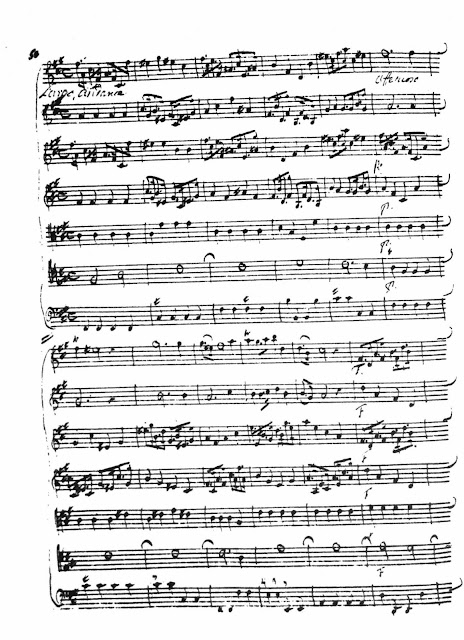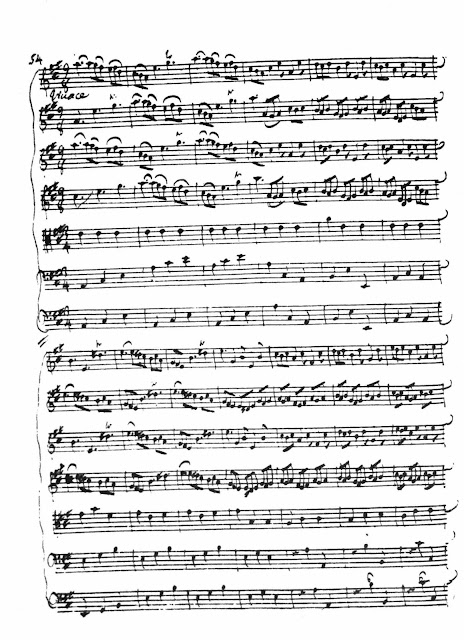CCCXCIII. WASSENAER, Unico Wilhelm van (1692-1766)
Concerto Armonico #3 in A Major (1725-40)
1. Grave assai sostenuto / 2. Canone di Palestrina (3:26)
3. Largo Andante (2:36)
4. Vivace (3:04)
Aradia Ensemble
Kevin Mallon, cond.
In Post CCII, I mentioned how Stravinsky thought he was recycling the music of Giovanni Battista Pergolisi (1710-1736), but recent scholarship has discovered the true authors of some of that music.
Unico Wilhelm van Wassenaer was one of them. Of course there's a story behind the mis-attribution!
**
The Van Waaenaers were a distinguished family in the Netherlands, tracing their ancestry back to 1200. Originally nobility, they rose to power and influence during the Eighty Years' War against Spain from 1568-1648.
His father was a general and diplomat at various German courts, where luxury and the arts flourished. He studied with Quirinus van Blankenburg, the famous cembalo master.
But composing was not a proper profession for someone of such importance, and he became -- like his father and brother -- a diplomat, well respected in France both as a noble and as a musician.
It is now believed that Wassenaer composed his concerti armonici in The Hague where he played them with friends, including the Italian violinist Carlo Ricciotti (1681-1756) and Count van Bentinck (1704-74).
**
In 1980, the Dutch musicologist Alfred Dunning was exploring the palace library at Twickel. Here he discovered the scores for the six concerti, with a forward by the composer:
"Score of my concertos, engraved by Signor Ricciotti ... I allowed him to make a copy; when all six were ready, he asked my permission to have them engraved. Upon my refusal, he enlisted the aid of Count Bentinck, to whose strong representations I finally acquiesced, on condition that my name did not appear anywhere on the copy, and that he put his name to it, as he did.
1. Grave assai sostenuto / 2. Canone di Palestrina
The strings are divided in seven parts (four violin, viola, cello and bass). The short introduction is painfully beautiful.
Notice that the copyist (mis-attributionee?) has crossed out the name Palestrina!
Notice that the copyist (mis-attributionee?) has crossed out the name Palestrina!
3. Largo Andante
Intense F-Sharp Minor, with a constant dotted-eighth/sixteenth rhythm:












No comments:
Post a Comment